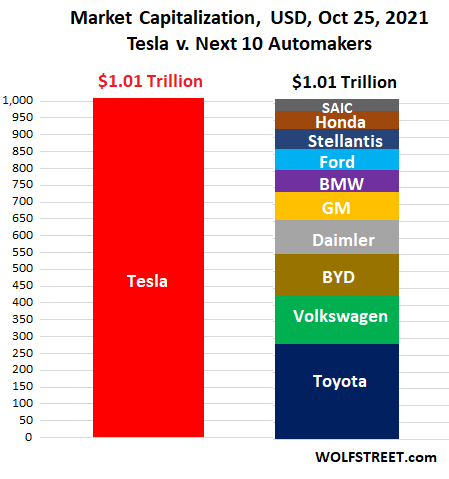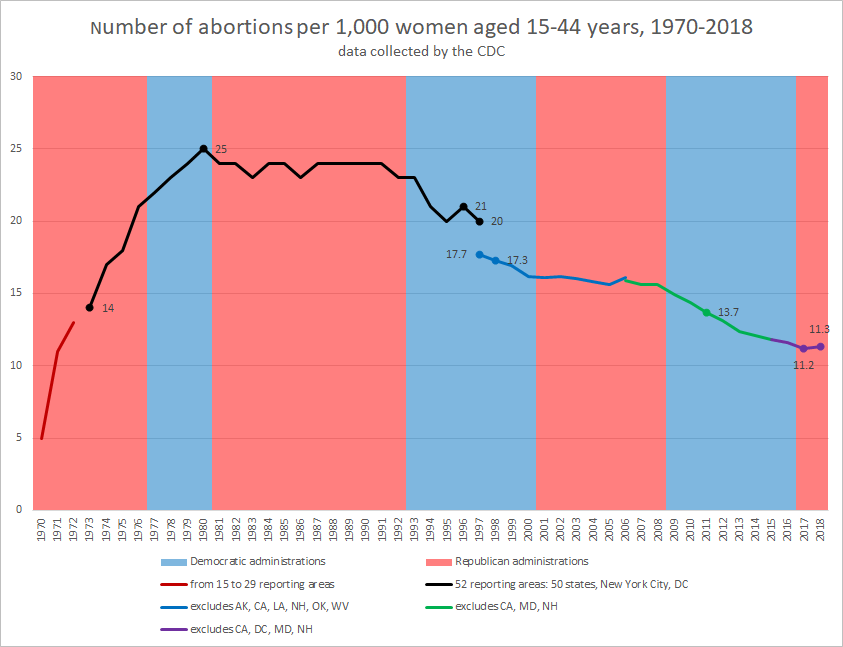I genuinely feel embarrassed for how much time I spend harping on this issue and then I remember “Oh yeah, greatest fraud in history happening in plain sight, perhaps I should be harping much louder.”
— Patrick McKenzie (@patio11) May 27, 2022
This poll, showing that black and Hispanic Americans are considerably more likely to own crypto, meme stocks, or NFTs, is a bit worrying. Communities of color have always been a dumping ground for predatory financial products. https://t.co/oHCJfuiLCZ pic.twitter.com/njh9Zk8VEG
— Will Stancil (@whstancil) December 31, 2021
If you bought $1000 of a bitcoin ETF when Matt Damon's "Fortune Favors the Brave!" crypto ad premiered on October 28 last year, you would now have $554. pic.twitter.com/qgeVmGYZw7
— Jon Schwarz (@schwarz) May 9, 2022
If you invested $100 in Luna one month ago, the fourth most popular cryptocurrency at the time, you now have $0.04.
— Matt Novak (@paleofuture) May 12, 2022
Don't worry, the volatility of bitcoin will subside once it hits zero. Then it will finally be a store of value.
— Stephen Diehl (@smdiehl) May 9, 2022
This is potentially one more thing that can wipe out the cryptocurrency space: https://t.co/nfaIUOgVnG
— Nicholas Weaver (@ncweaver) May 28, 2022
Trades are all taxable events, and you can't offset this year's loss against last year's gain. And wait till the IRS targets DeFi...
Tether declines to reveal details on $40bn Treasury cache after dollar peg snaps | “Why would we want to calm market suspicions about the backing of our stablecoin…?” https://t.co/aS3hsA5Woi
— Diogenes (@WallStCynic) May 12, 2022
The general public should understand the concept of 'Ponzi finance', a term coined by the late economist Hyman Minsky, which is increasingly happening in operations we see around us today such as the Evergrande liquidity crisis. https://t.co/7Pm4VEU8pl
— Stephen Diehl (@smdiehl) May 30, 2022
While the scheme itself is now widely known, the general public generally doesn’t know the related term Ponzi finance, coined by the late economist Hyman Minsky. Ponzi finance is a broad term for a category of non-sustainable patterns of finance in which an enterprise can only meet its debt commitments if they continuously obtain new sources of debt financing to pay the interest rates on its existing loans. Enterprises involved in Ponzi finance constantly need to borrow at ever-increasing interest rates to pay the interest on their existing loans, thus the common cliche to describe this runaway phenomenon as “interest on the interest.”
If you're the kind of person who puts a lot of weight on the opinions of well-credentialed experts:
me: What is Web3?
— Luciano Ramalho ☔ 🐍 ⚗ ▶️😷💉💉💉 (@ramalhoorg) May 23, 2022
cryptobro: It's the future of the Web, built on blockchain!
Vint G. Serf, co-inventor of TCP/IP: https://t.co/SVxbY8NFhj
Quite pleased the Nobel prize winners are finally speaking out publicly on this issue now. What him and Lagarde are saying now is starting to manifest as the public consensus.https://t.co/Ka6bPLhFqO
— Stephen Diehl (@smdiehl) May 27, 2022
Good article. "stablecoins start with a convoluted and inefficient base technology in order to avoid intermediaries, and then add intermediaries (often with apparent conflicts of interest) back in." But doesn't the argument apply to crypto in general? https://t.co/KtKVTmuU6y
— Paul Krugman (@paulkrugman) May 25, 2022
Anyone with even the vaguest interest in cryptocurrency/blockchain should take a few minutes and read the responses to the tweet from @JorgeStolfi—including in particular the quote tweets. An anthology of informed voices seeking to explode dangerous myths that imperil society. https://t.co/3QGky2Hexz
— neil turkewitz (@neilturkewitz) May 9, 2022
Along with the actors and athletes, some journalistic reputations will crash and burn before this is over.
Kara, you’re losing your ethical moorings. Retirement funds? Whether crypto is a scam or not, its volatility makes it a terrible choice for anyone approaching retirement. The inexperienced investors who trusted you and Scott and lost half their money, that’s on you. Wow. https://t.co/vrAFQogp8k
— Russ Mitchell (@russ1mitchell) May 23, 2022
Andreessen Horowitz, for when your business is too flaky for SoftBank.
Gm. It's time to build a bigger casino. https://t.co/aCFENQYGfz
— Jacob Silverman (@SilvermanJacob) May 25, 2022
Adam Neumann is the cofounder of a company called Flowcarbon that just raised $70M.
— Chris Bakke (@ChrisJBakke) May 26, 2022
This is the opening slide in their deck that describes what they do.
You guys, they are selling something called the Goddess Nature Token.
$70M.
This is not a shitpost. pic.twitter.com/NPM2E2nkMx







